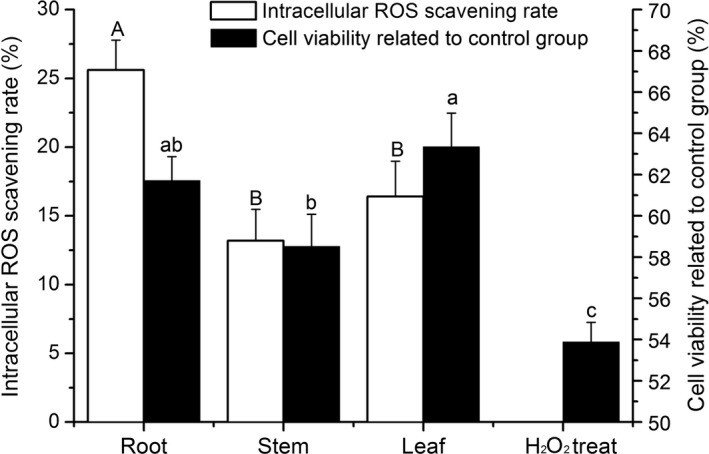Java and C are two of the most popular programming languages in the world, each with its own strengths and weaknesses. Understanding these differences is crucial for developers when choosing the right language for a specific project. This article presents A Comparative Study Of Java And C, examining their core features, performance characteristics, and application domains.
Core Differences: Object-Oriented vs. Procedural
One fundamental distinction lies in their programming paradigms. Java is an object-oriented programming (OOP) language, while C is a procedural programming language.
Java’s OOP approach centers around objects, which encapsulate data (fields) and methods that operate on that data. This promotes modularity, reusability, and maintainability of code. Concepts like inheritance, polymorphism, and encapsulation are central to Java’s design.
C’s procedural approach focuses on procedures or functions, which are sequences of instructions executed in a specific order. Data and functions are often treated as separate entities. While C supports structuring through the use of structs and functions, it lacks the inherent OOP features of Java.
Memory Management: Automatic vs. Manual
Java boasts automatic memory management through garbage collection. The Java Virtual Machine (JVM) automatically allocates and deallocates memory, relieving developers from the burden of manual memory management. This reduces the risk of memory leaks and simplifies development. Figure 1 illustrates this automatic process.
C, on the other hand, requires manual memory management. Developers explicitly allocate and deallocate memory using functions like malloc() and free(). This provides greater control over memory usage but increases the complexity of development and the risk of errors like dangling pointers and memory corruption.
Platform Independence: Write Once, Run Anywhere vs. Platform Specific
Java’s famed “write once, run anywhere” capability stems from its reliance on the JVM. Java code compiles into bytecode, which is then executed by the JVM. This allows the same Java program to run on any platform with a JVM implementation, ensuring portability.
C code, however, compiles directly into machine code specific to the target platform. This results in highly optimized performance for that specific platform but sacrifices portability. Porting C code to a different platform often requires significant modifications. Figure 2 showcases this key difference.
Performance: Interpreted vs. Compiled
Due to its interpreted nature (bytecode execution by the JVM), Java generally exhibits slower execution speeds compared to C. However, advancements in JVM technology, such as Just-In-Time (JIT) compilation, have significantly narrowed this performance gap.
C’s direct compilation to machine code leads to faster execution and more efficient utilization of system resources. This makes C a preferred choice for performance-critical applications like operating systems, embedded systems, and game development.
Application Domains
While both languages are widely used, they excel in different domains:
Java: Web applications, enterprise software, mobile applications (Android), big data processing.
C: Operating systems, embedded systems, game development, high-performance computing, system programming. Figure 3 depicts the serum DAO concentrations in a study unrelated to Java and C, but included in the original article.
Conclusion
Java and C offer distinct advantages depending on the project’s requirements. Java prioritizes portability, ease of development, and safety through automatic memory management. C excels in performance, control over system resources, and suitability for low-level programming. Choosing between Java and C requires careful consideration of factors like performance needs, platform requirements, development time, and the specific application domain.
